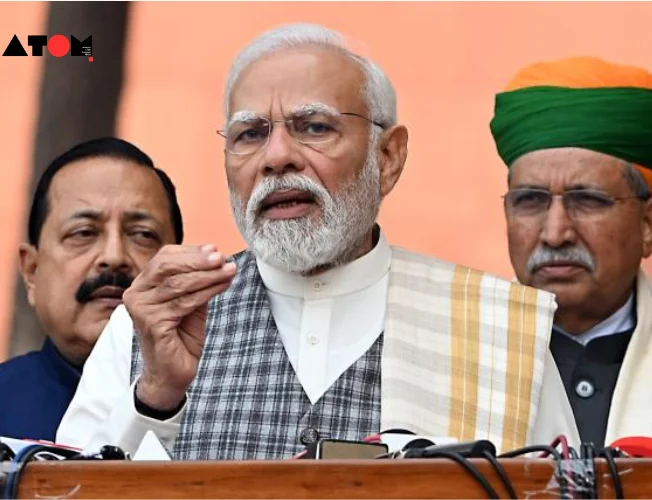India’s electoral landscape witnessed a significant development as the Election Commission revealed the top donors to Prime Minister Narendra Modi’s Bharatiya Janata Party (BJP) under the now-prohibited electoral bond system. This revelation sheds light on the financial backing received by the ruling party and its implications for political financing transparency. Here’s an in-depth analysis of the key donors, the ban on electoral bonds, and the broader context of political funding in India.
Megha Engineering Takes the Lead
Megha Engineering and Infrastructures Ltd. emerged as the largest donor to the BJP, having purchased electoral bonds worth approximately 6.7 billion rupees ($81 million) over the past five years. The company’s significant contribution underscores the influence of corporate entities in political financing.
Diverse Donor Pool
The BJP’s top donors include not only corporate entities but also other prominent names such as Qwik Supply Chain Pvt Ltd., Aditya Birla Group, and Bharti Airtel Ltd. This diverse donor pool reflects the multifaceted nature of political funding in India, where various sectors contribute to parties’ campaign coffers.
Congress Receives Support
Interestingly, some major donors to the BJP also contributed to the Indian National Congress. Megha Engineering and Vedanta Ltd., for instance, donated substantial amounts to both parties. This cross-party support underscores the complexities of political allegiances and fundraising strategies.
Supreme Court’s Electoral Bond Ban
The Supreme Court’s decision to ban electoral bonds marked a significant turning point in India’s electoral finance landscape. The court cited concerns about the system’s lack of transparency and its potential to undermine voters’ rights. This ruling reflects ongoing efforts to reform political finance laws and promote accountability in the electoral process.
Data Transparency Initiative
The Election Commission’s release of data from the State Bank of India represents a crucial step towards greater transparency in political funding. By disclosing information that links donations to recipients, the commission aims to enhance accountability and promote fairer electoral practices. This move aligns with broader efforts to strengthen democratic governance in India.
Criticism of Anonymity in Electoral Bonds
Critics argue that the anonymity afforded to donors under the electoral bond scheme favored the ruling party, giving it an unfair advantage. The lack of transparency in campaign finance has raised concerns about the integrity of the electoral process and the influence of money in politics.
Implications for Electoral Integrity
The disclosure of top donors to Modi’s party has significant implications for electoral integrity and governance standards in India. As the country prepares for national elections, the revelations about campaign finance underscore the importance of transparency and fairness in democratic governance.
Challenges and Opportunities
The forthcoming national elections present both challenges and opportunities for India’s democratic ideals. While the ban on electoral bonds signals a step towards greater transparency, it also highlights the need for comprehensive reforms to address loopholes in political finance laws.
Call for Reform
The disclosure of major donors underscores the urgency of reforming India’s political finance system. Civil society organizations, activists, and opposition parties have long advocated for stricter regulations to curb the influence of money in politics and ensure a level playing field for all parties.
Read more: Marketing News, Advertising News, PR and Finance News, Digital News.





